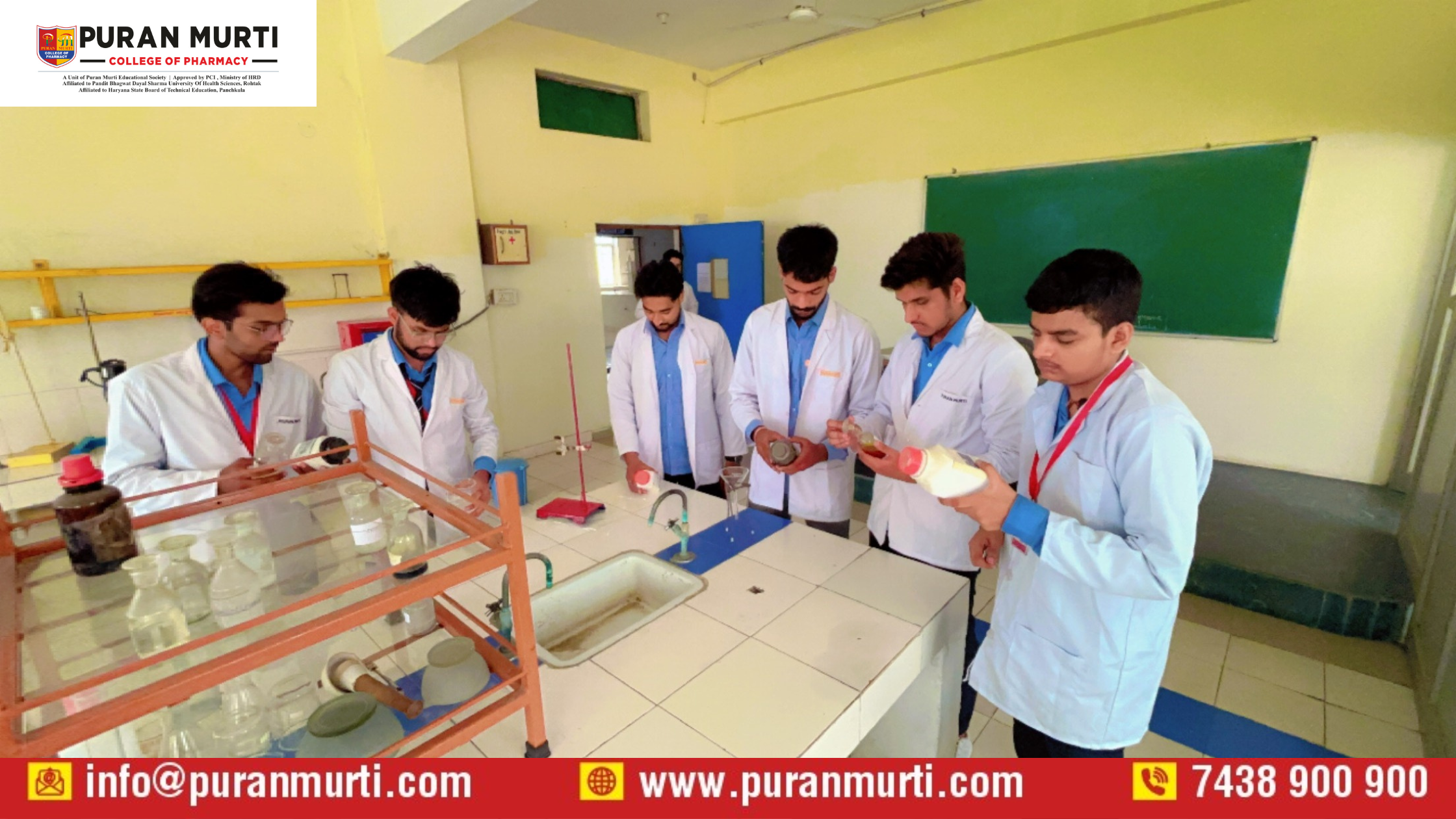
Pharmacists need to remain knowledgeable and educated in order to promote drug adherence and warn patients about possible side effects. According to A.J. Lipka, business development head of network growth at Outcomes, that is the secret to providing high-value treatment. During the virtual autumn 2024 Total Pharmacy Solutions Summit on October 19, Lipka talked about these initiatives and more.
These are initiatives that you can do at your pharmacy with the express purpose of encouraging patients to adhere to or become aware of your pharmacy. Speaking about the pharmacy-supported initiatives that Outcomes provides to all pharmacists, Lipka stated, "They are sponsored by the pharmaceutical manufacturers and operate at no cost to you."
Here are some important lessons learned from Lipka's presentation:
- Pharmacists are uniquely positioned to close a critical gap in healthcare in the face of the current physician shortage.
- Programming from Outcomes is accessible and easy to use; they are designed to help pharmacists create a patient-focused approach. Pharmacists nationwide can take advantage of this tool and set themselves apart from their peers in the industry.
- Lipka talked on the persistent patterns of patients becoming suspicious of their doctors and other medical professionals. "Approximately 38% of patients clarified that their [physicians] don't listen to their concerns, 35% stated that they don't get enough time with their [physicians] during appointments, and approximately one-fourth] of patients stated that their [physicians] don't understand them."
- Lipka also touched on technology’s ability to bridge the gap between patients and providers. “Mobile-phone messaging increases medication adherence,” he explained. In one example, adherence rates improved 17%, from 50% at baseline, for chronic disease management through program participation. These programs and tools are small changes pharmacies can enact that can go a long way toward improving patients’ health.
- “Drug price increases can negatively affect adherence. Patients who experienced a price increase of at least one of their drugs…either declined medical tests or procedures,…put off doctor’s visits, [or] maybe they switched to a supplement or took an expired medication. I know we’ve all heard the horror stories of patients cutting pills in half without approval,” he said. The pharmacy-sponsored events that Lipka’s company provides are all designed to combat negatively impacted medication adherence.
- One of the earliest businesses to concentrate on managing pharmaceutical therapy was Outcomes. "Outcomes is the platform that unites manufacturers, employers, payers, and pharmacists with a shared objective. We use technology to increase the effectiveness and efficiency of pharmacies and their staff, which improves patient outcomes. For more than 20 years, they have collaborated with pharmacies, and they will do so as long as there are issues facing the sector.
- Lipka went on to describe how Outcomes assists companies in navigating persistent industry obstacles at the pharmacy level. The company can provide its tools to both patients and pharmacists to further advance the delivery of valued care because it has created technology and a network of thousands of pharmacies in the United States.
- Lipka continued by discussing actual data, emphasizing the accomplishments of Outcomes' pharmacy-sponsored initiatives. These initiatives result in notable increases in the completion of medicine and immunization doses when compared to a control group. For instance, patients are more willing to return and receive their second dose of the shingles vaccine to make sure they are immunized when they are genuinely prodded and assisted along the way, he said.
- The patients are genuinely learning a great deal from these helpful messages. For instance, there is a noticeable improvement when someone is informed about shingles. Your patients want to know why they were given a prescription. Lipka stated, "These programs help educate your patients and they directly impact your bottom line. Educated patients are healthier patients."